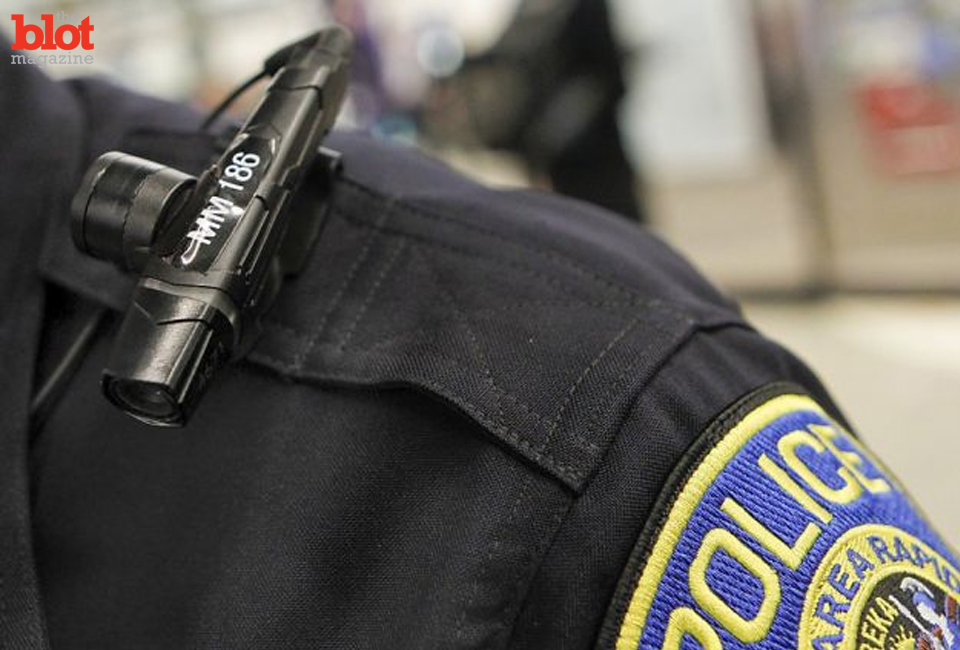Like most markets, New York City has no shortage of news programs covering the region. One of my favorite news outlets is NY1, which does a good job of offering a fair perspective on the stories that shape our city. Last night, I offered my opinions to the show “The Call,” in regards to police being equipped with cameras after a recent incident in which a cellphone camera captured officers pushing a woman, who was five months pregnant, to the ground, while trying to arrest her son. Although most of the viewers were split on the pros and cons of officers wearing the recording devices, there was a neglect to address the legality of the recording process.
I believe it is important to note that I am in favor of the proposed addition of cameras to police officers. However, unlike most people who are for the idea based on current events, I base my beliefs on the fact that the cameras could hopefully help enforce the positive actions of those in the line of fire on a daily basis and could prove to be a useful tool in the judicial process — or could it be I am just delusional?
My initial comment, which was read on the air by reporter Dean Meminger, was as follows:
“Although I agree that there are police officers who step outside the boundaries of the law, the fact of the matter is there are a lot more bad people than bad police officers.
With that in mind, while considering equipping cops with cameras to monitor their behavior, which will undoubtedly be used by the media to help loosen laws set to protect ALL people,
will the footage of wrong doers be available to show how out of control things actually are, and will that footage be admissible in court since these people are being filmed without their permission?
Tom from Harlem.”
Although I was happy to have my thoughts heard on-air, Meminger stated that the laws governing the usage of videotaping people without their permission by police officers would have to be constructed by the local and federal governments, but is that actually the way a proposal like this would be created?
So far, this city has already lost the ability to stop and frisk, not because it wasn’t effective, but because the people who were subject to being found guilty through the process of the tactic didn’t want it. The people I am referring to are not the law-biding citizens of Gotham, but the criminals who claimed that their rights were being violated. How do I know this? Because in a July article, NPR.org stated that in East New York, a working-class neighborhood in Brooklyn that’s predominantly black and Latino, stop-and-frisk was down more than 90 percent. However, shootings there were up roughly 30 percent from last year. So keeping the power of public persuasion in mind, will the police actually be able to use the evidence they record during an arrest, or will political agenda eventually use this as a tool against them like it already has in the past?
Cameras may be the change people are looking for in light of the recent clashes between the police and the public, but it will only be a matter of time before lawyers start asking for evidence to be thrown out because their client did not consent to being filmed. I’m not even a lawyer, and I can see that loophole a mile away. The unfortunate truth of the matter is that too many people these days are anti-police — unless, of course, they need them, in which case I hope they figure out an alternative for all they have undone through the guise of civil rights. Luckily, since stop and frisk is no longer a part of the NYPD arsenal, there should at least be more guns on the streets to help people protect themselves.
Isn’t that at least a comforting thought?
Tom Roarty is a contributing journalist for TheBlot Magazine.






